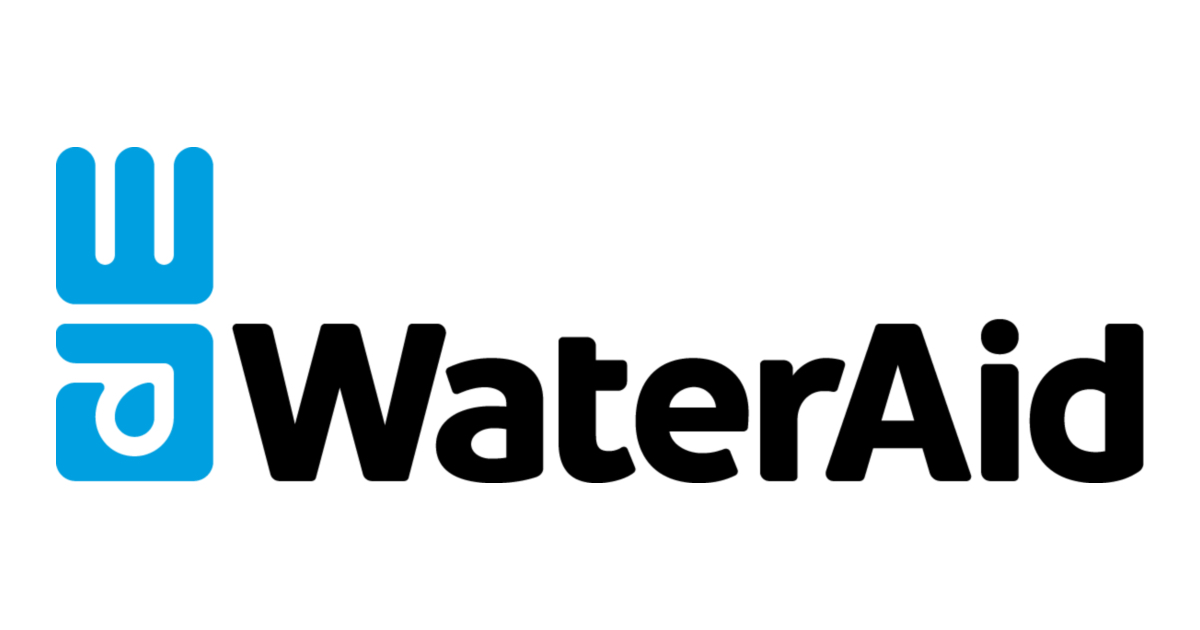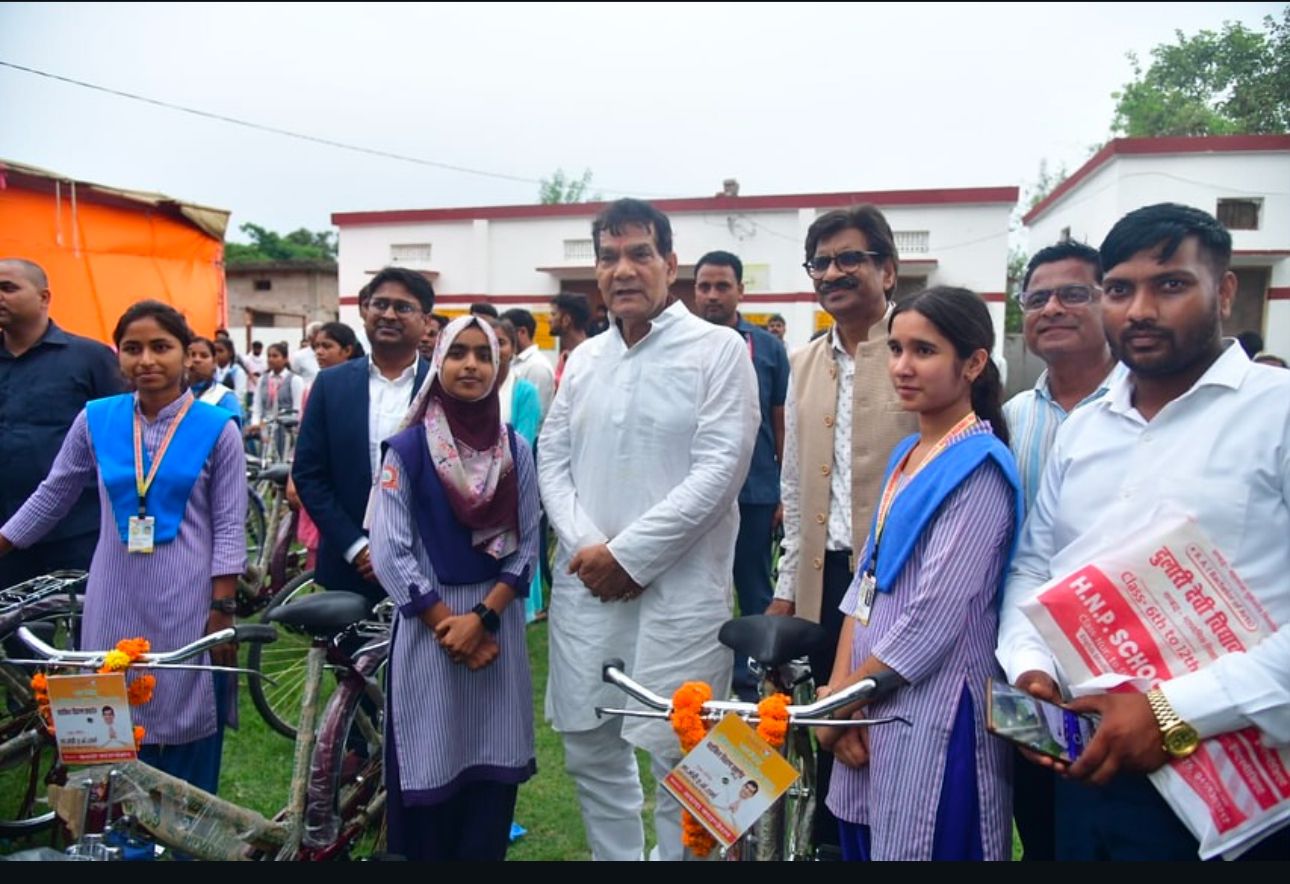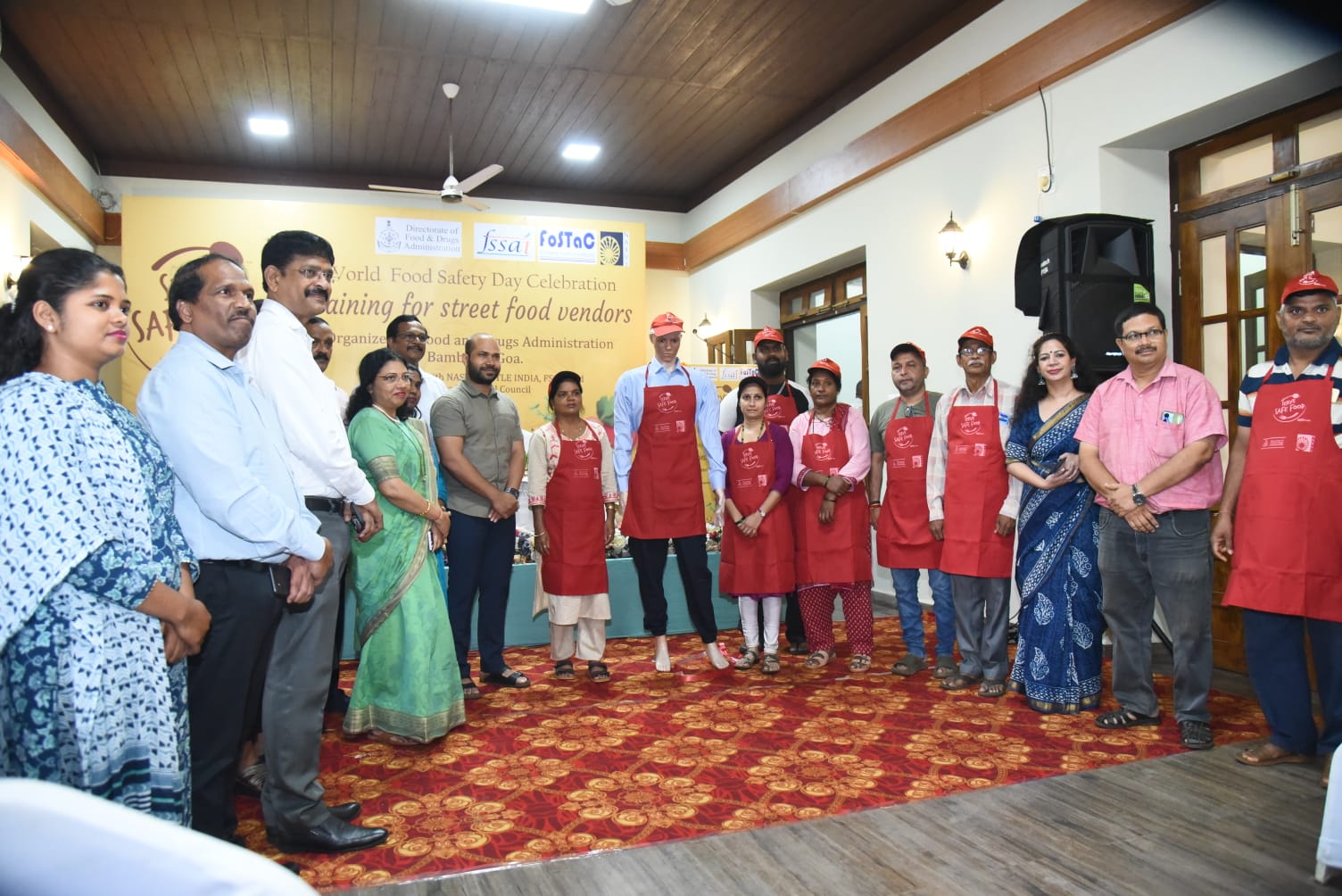Subscribe our Weekly Newsletter
RFP for Participatory Village Development Planning and Livelihood Value Chain Mapping

Organization: UNDP
Apply By: 27 Jun 2025
About the Organization
As the lead United Nations agency on international development, UNDP works in 170 countries and territories to eradicate poverty and reduce inequality. We help countries develop policies, leadership skills, partnerships and institutional capabilities to achieve the Sustainable Development Goals. Our work is centred around six core development areas, known as our signature solutions: poverty and inequality, governance, resilience, environment, energy and gender equality.
UNDP’s mandate is to end poverty, build democratic governance, rule of law, and inclusive institutions. We advocate for change, and connect countries to knowledge, experience and resources to help people build a better life.
About the Proposal
To support the global momentum on climate action, the Japan Supplementary Budget 2022 has extended a global grant to select countries, with the aim to both enhance and implement Nationally Determined Contribution (NDCs). The overarching goal remains to progress towards a net-zero emissions economy while ensuring climate-resilient sustainable development for all. Under this grant, UNDP India is implementing the project titled - Mitigation and Adaptation Measures to support Inclusive Development, Just Transition and Climate Resilience in India towards a Net Zero Future.
India announced its NDCs at COP21 in Paris, were considered a fair contribution to the global effort, based on its Common but Differentiated Responsibilities and Respective Capabilities (CBDRRC) in light of National Circumstances. Despite this, India continues to raise its ambition on addressing climate change. At COP27, the country presented its enhanced NDCs, and Long- Term Low Carbon Development Strategies towards Net Zero Emissions by 2070. According to these, the share of non-fossil fuel-based energy resources will be scaled to 50 per cent of cumulative electric power installed capacity, with another target of reducing emission intensity of the economy by 45 per cent.
Accompanying these ambitious targets, it is critical to ensure that the agriculture and allied sectors are equipped for the changing climate and its impacts. UNDP aims to engage vulnerable communities to participate and contribute to the climate change mitigation efforts, thereby enabling a just transition.
In the last few years, UNDP has deployed varied DRE powered agri applications, and undertaken efforts to enhance climate information services to strengthen agriculture and allied value chains. Building on these learnings, UNDP aims to plan and implement climateresponsive livelihood value chains in agriculture and allied sectors.
UNDP would like to engage an agency of repute to support Participatory planning for mapping, prioritizing and plans to scale up such alternate Livelihood Value Chains in Agriculture and allied sectors to demonstrate just transition planning and implementation.
The key objectives of this engagement are:
- To undertake Participatory Livelihood Planning using GIS and digital planning tools to enable decentralized, datainformed plans.
- To identify opportunities for livelihood layering, particularly in agriculture and allied sectors.
- To map and assess production clusters and value chains that can be developed under a future implementation phase.
This assignment will cover three districts in Mizoram (Champai, Lawngtlai, Aizawl) and three districts in Jharkhand (Dhanbad, Ramgarh, Bokaro), targeting select blocks and Gram Panchayats for village-level planning.
Description of Expected Outputs to be Delivered:
Work Package 1: Inception
- Workplan, timeline for activities and risk mitigation measures.
- Detail the final methodology, theory of change, and itinerary for mobilization, engagement and communication with government agricultural departments, farmers, community members, panchayat leaders, FPO heads, market traders, implementing partners, and vendors.
Work Package 2: Participatory consultations for identification of livelihoods
- Facilitate GIS-enabled and app-based participatory planning and assessment exercises in selected Gram Panchayats/Villages.
- Ensure inclusive participation, with representation from SHGs, farmers, tribal communities, and marginalized groups.
- Conduct consultations with wide variety of stakeholders at district level (if required also at State level) to identify livelihood value chains aligned with government priorities and appropriate climate-resilient asset creation.
Work Package 3: Livelihood Layering and Value Chain Mapping
- Prioritize at least two (2) feasible alternate livelihood opportunities in each district, based on local consultations, climate change impacts, and potential for income generation.
- Map production clusters and assess potential agriculture and allied sector value chains for intervention.
- Assess the climate impacts on each component of these livelihood value chains and propose specific actions to mitigate the climate impacts and the agency/ institution responsible for the same.
Work Package 4: Asset Demand and Allocation Plan for the identified livelihood value chains
- Map existing infrastructure/schemes to identify gaps and convergence opportunities for the livelihood options under government support (MGNREGA, RKVY, IWMP, etc.).
- Provide a readiness assessment for scaling production systems through public or private investment in future phases.
- Provide an assessment of the scale –potential number of households that can be engaged in each of the identified livelihood value chains in respective districts
- Sensitize relevant stakeholders and line departments on participatory planning tools, opportunities for convergence and implementation timelines.
Work Package 5: Final Integrated livelihood diversification plans
- Profile of district and villages
- Mapping of locally relevant livelihood value chain – summary of consultations.
- Theory of change and Results Framework - Outcome, Outputs and Activities
- Strategy for Livelihood Layering, Asset Creation, Capacity Building.
- Recommendation to enhance the market ecosystem and strengthen value chain
Eligibility
- The service provider should have at least five (5) years of experience in planning and implementing gender-responsive, climate-resilient livelihood programmes.
- The Service Provider must have undertaken at least five (5) assignments with support from national/ sub-national government entities and/or bi-, multi-lateral organizations.
How to Apply
Deadline on: 27-Jun-2025 08:00 (GMT -4.00)
Offers must be submitted directly in NextGenERP supplier portal following this link: http://supplier.quantum.partneragencies.org using the profile you may have in the portal.
For more information please check the Link
Join us for the 12th Edition of India CSR & ESG Summit 2025 | Register Now
Latest Online Store
Latest Grants
Latest News
© Renalysis Consultants Pvt Ltd



























